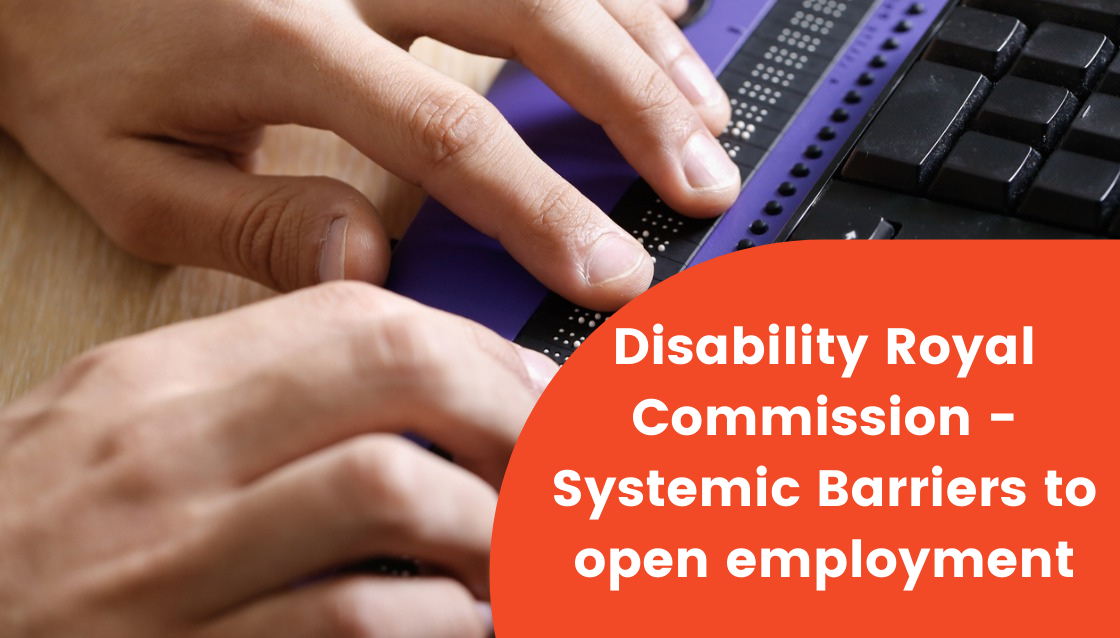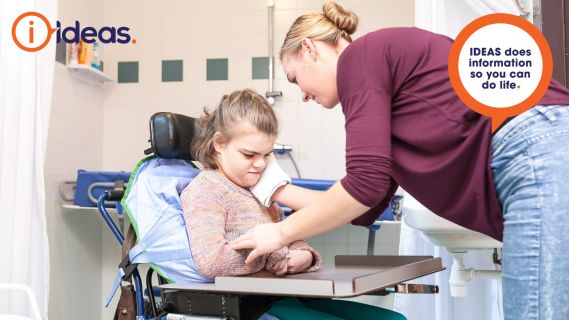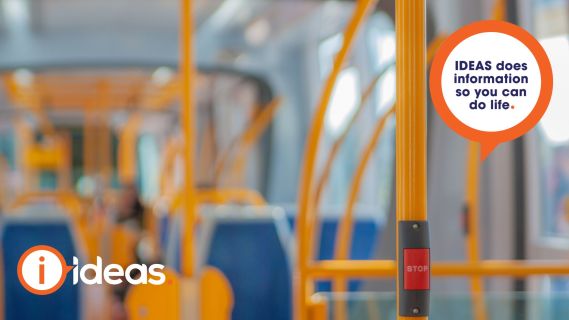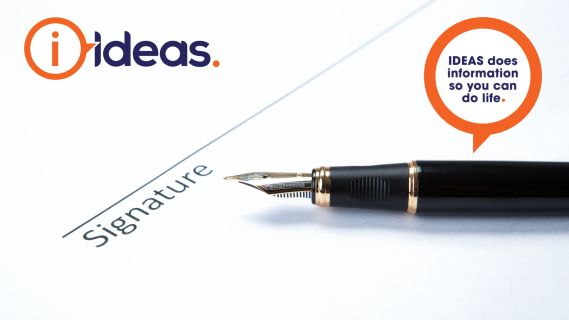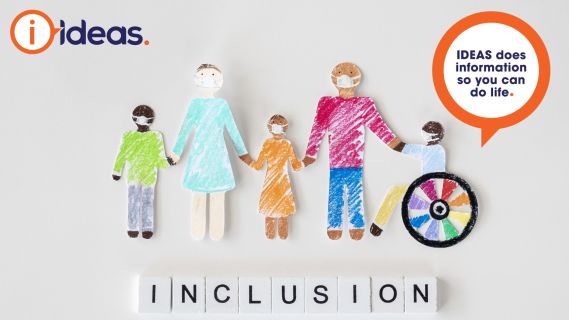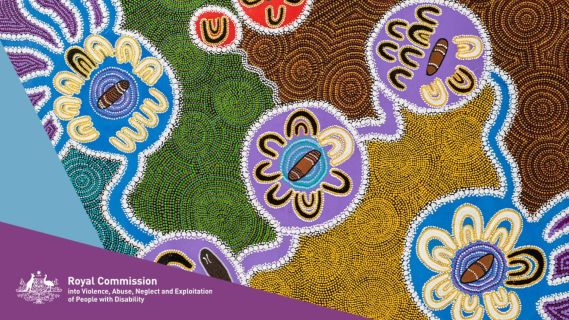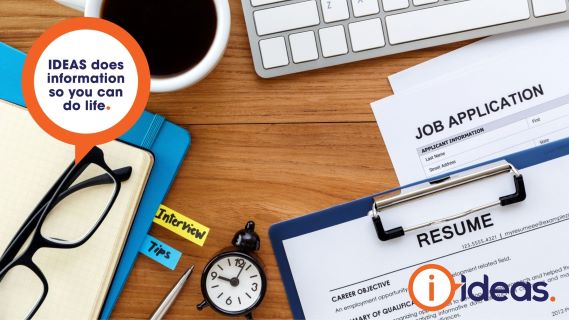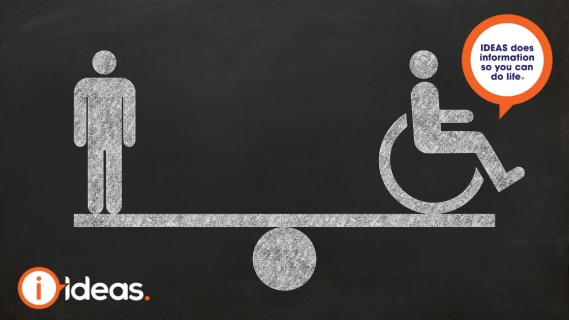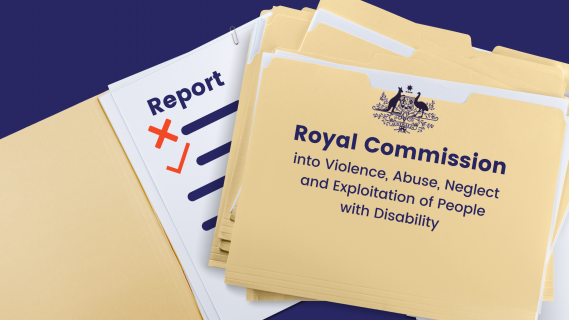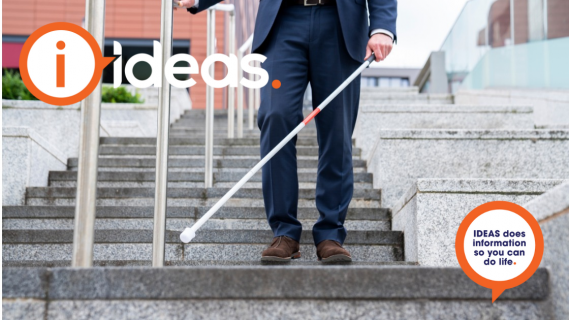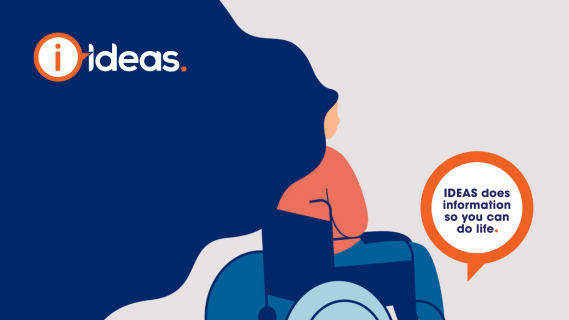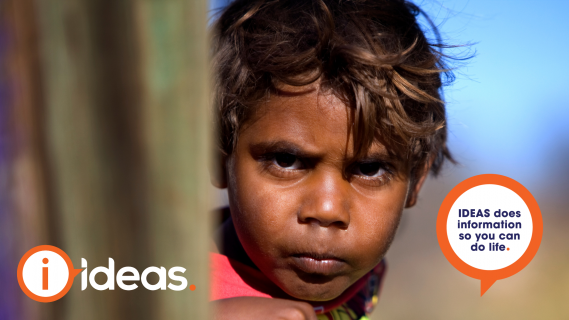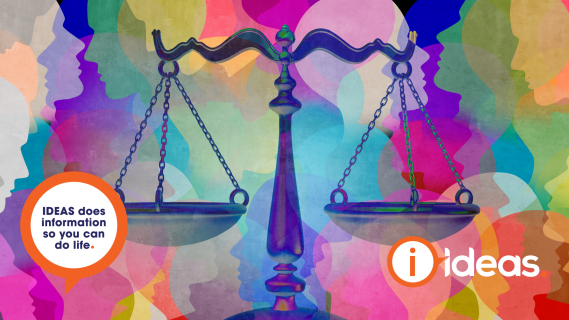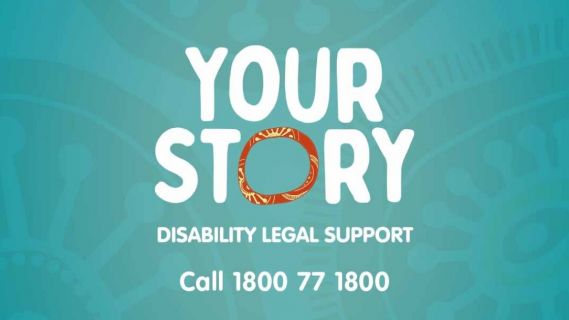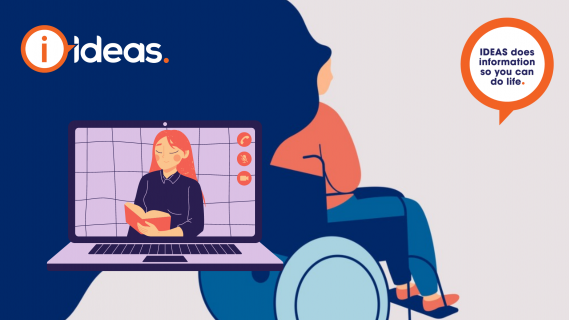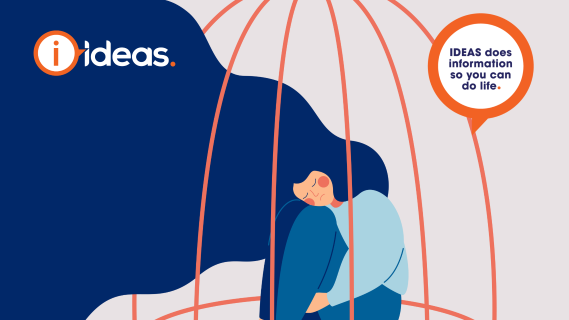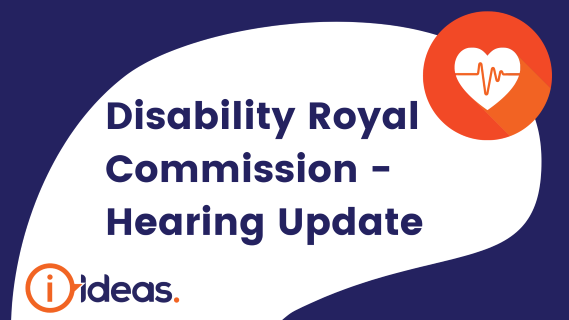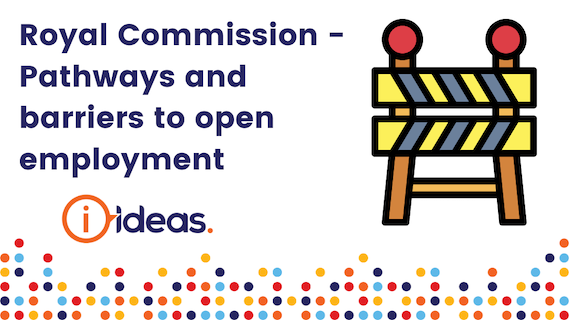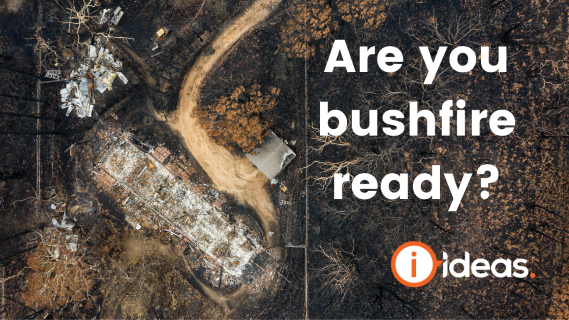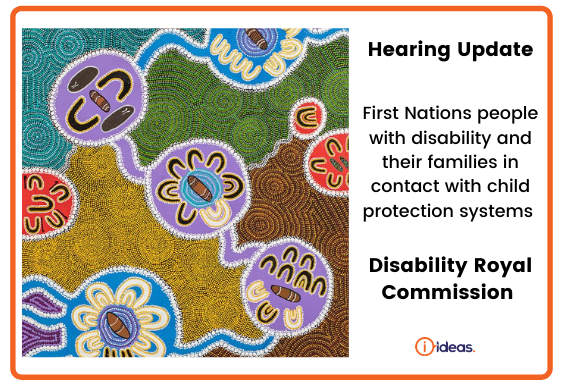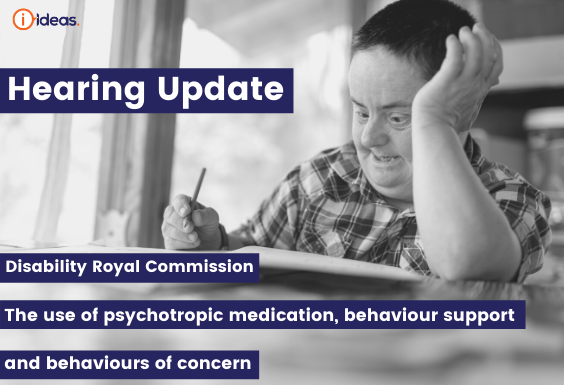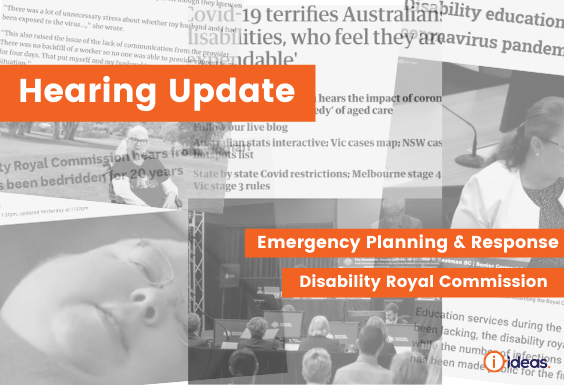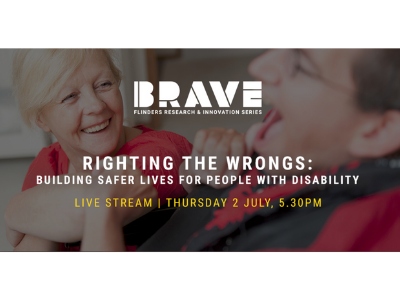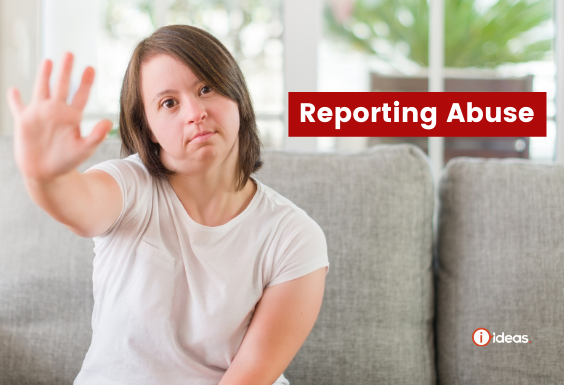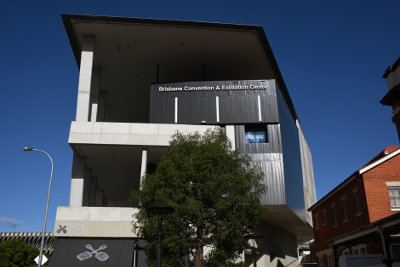Public hearing 19 continues the Royal Commission’s inquiries into the systemic barriers to open employment that started with Public hearing 9. Public hearing 9 was led by people with disability, who spoke about their experience in navigating pathways to open employment.
The Royal Commission’s nineteenth public hearing will be held from 22-26 November 2021 (Public hearing 19). Due to ongoing COVID-19 restrictions and impacts, all witnesses will participate remotely, and the hearing will be conducted online. The hearing will not be open to the public but will be live-streamed on the Royal Commission website.
Skip to: Live stream | Witnesses | Transcripts | Media coverage | Support services | More info
Content Warning
Some of the stories and information below may contain details about abuse, neglect and mistreatment of people with disabilities. You can find help if you have any concerns because of this information.
How can I attend?
The Royal Commission will commence this hearing with a 5 day online hearing on 22 - 26 November 2021. The hearing will not be open to the public but will be live-streamed on the Royal Commission website.
The live stream will include Auslan, captions and audio-only options.
What is it about?
The scope and purpose of this hearing are to inquire into:
- How public and private sector employers together with other key actors address the systemic barriers identified in Public hearing 9; and
- Potential measures to eliminate the barriers to open employment that cause or contribute to violence, abuse, neglect and exploitation of people with disabilities.
At Public hearing 19, the Royal Commission will examine the public and private sector employers’ policies and practices for employment and retaining employees with disabilities. The issues to be examined at the hearing include:
- experiences of people with disabilities in obtaining and retaining employment
- the efficacy of the Australian Government’s overarching strategy in relation to increasing the employment of people with disabilities in safe and inclusive jobs
- reasonable adjustments in the workplace, including policies and processes for the provision of adjustments
- what employers are doing to build inclusive workplaces, promote employment opportunities and support career advancement for people with disability
- data collection, accountability and reporting by public and private sector employers
- what workplace regulators are doing to provide information, resources and support to employers and people with disabilities in relation to employment issues
- the operation of laws and institutions intended to protect people with disabilities at work, including anti-discrimination and employment law frameworks.
The focus of Public hearing 19 is open employment. The Royal Commission intends to further consider the Disability Employment Services program, and segregated employment settings, in later hearings and work of the Royal Commission.
This live stream/recording has closed captions and Auslan translations. In addition, there is an audio-only stream option.
Witness List
Official Transcripts
Transcript Day 2 - Public hearing 19, Virtual
Transcript Day 3 - Public hearing 19, Virtual
Transcript Day 4 - Public hearing 19, Virtual
Media coverage
Barriers people living with disability face finding work under microscope at royal commission, as Olivia finds purpose in employment
ABC, 23 November 2021
The disability royal commission has heard 53.4 per cent of people with disability of working age were unemployed in 2018. The hearing heard that there has been no improvement in these figures in decades.
"If we don't set targets and develop strategies to deliver on those targets, the situation [we've had] over the last 30 years will continue."
Graeme Innes, Former Disability Discrimination Commissioner
Royal commission hears people with disability in APS higher than databases show
The Mandarin, 25 November 2021
The number of employees with disability at three APS workplaces is likely much higher than human resources databases show. The disparity in the figures is partly due to under-reporting, and also a push by the organisations to encourage workers to disclose their disability status.
The NDIA provided a survey to the royal commission showing less than half of respondents rated a “passport” system used for workplace adjustments as effective. The passport system helps workers with disability take workplace adjustment requirements with them throughout their employment without having to continually request adjustments.
Disability employment among top companies just 1pc
Financial Review, 24 November 2021
Major private-sector employers, including IBM, Kmart and Woolworths, employ “disturbingly low” numbers of people with a disability, with the workers making up less than 1 per cent of their workforce. Ten major companies, which collectively employ more than 341,000 people, revealed the figures on Monday to the Disability Royal Commission.
“The rates of employment among some of our largest and iconic employers and brands in Australia is disturbingly low,”
Kate Eastman, SC
Woolworths yet to bring in all recommendations for hiring people with disability, Royal Commission told
The West Australian, 23 November 2021
(Digital Subscription)
Disability quota needed in TV ads to help employment, royal commission hears
Sydney Morning Herald, 22 November 2021
Australia’s former disability discrimination commissioner has called for a television advertisement quota to shift attitudes and help lift the “abysmal” employment rate of people with a disability.
“You can’t be what you can’t see, so we need to see people with disabilities employed in jobs,”
Graeme Innes, Former Disability Discrimination Commissioner
Disability Quotas for TV Ads called for in royal commission hearing
BandT, 24 November 2021
The quota would help shift attitudes and lift the “abysmal” employment rate of people with disabilities, according to Graeme Innes. Innes called for advertisers to include disabled people “at the level of 15 or 20 per cent of the faces we see in advertising.”
Employers concerned about disabilities
Human Resources Director, 25 November 2021
Disability employment rates have been tagged as a "complex area" by the Business Council of Australia (BCA), as ways to identify members from the sector are hampered by various challenges. Jennifer Westacott, BCA chief executive officer, told the Royal Commission into Violence, Abuse, Neglect and Exploitation of People with Disability that employers are afraid of asking employees about disabilities - while staff are concerned about disclosing them as well.
Woolworths grilled over five-year delay in disability hiring
Financial Review, 24 November 2021
Woolworths has failed to introduce a disability recruitment policy almost five years after a commissioned review recommended the measure as key to lowering barriers to employment, a senior manager has admitted.
Sobering employment rate of people with disability to be examined
Mirage, 19 November 2021
Business leaders from ASX 100 companies, the public sector, unions, regulators and legal centres will appear at a five day hearing on employment as the Disability Royal Commission examines why Australia’s employment of people with disability is so low.
Support Services
Your Story Disability Legal Support is a free, independent legal service supporting people with disabilities to share their stories with the Disability Royal Commission safely.
The Disability Royal Commission has set up support services for people with disabilities affected by or interacting with the Commission process. These supports include counselling, advocacy, financial and legal help. For more information and links, read our resource on Royal Commission Support Services.
The National Disability Abuse and Neglect Hotline is a free, independent and confidential service for reporting mistreatment of people with disabilities.
More Information
All our coverage of the Disability Royal Commission is here: Royal Commission into Violence, Abuse, Neglect and Exploitation of People with Disability; otherwise, please choose from the list of past hearings below.

